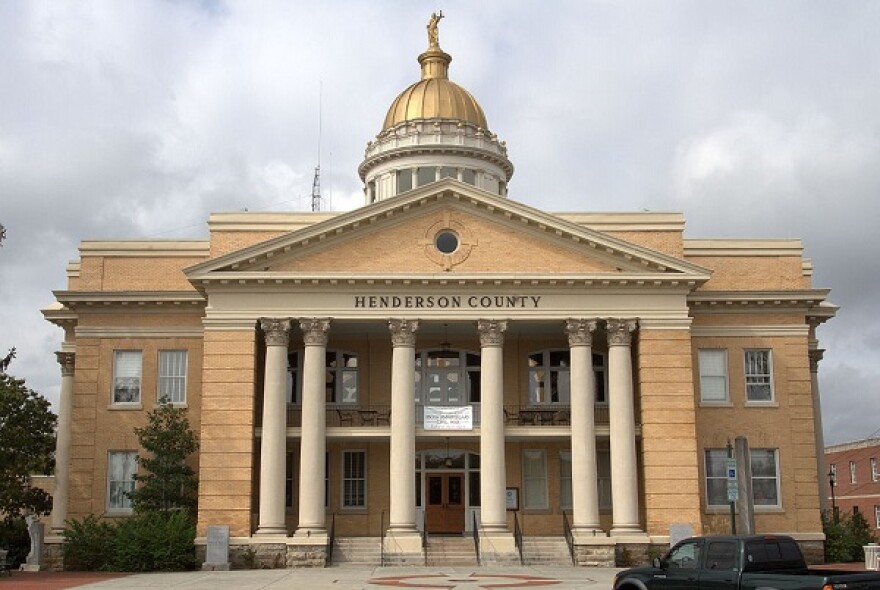A brush with the criminal justice system for something as small as a busted tail light or speeding ticket has outlandishly large implications for people who cannot pay the fines, fees and surcharges associated with a court appearance. These costs add up for people, and they add up for the court system too. Last year North Carolina brought in more than $300 million dollars from assessing these charges.
Those who cannot afford these legal financial obligations are often imprisoned, which creates a vicious cycle of poverty and incarceration that damages their ability to work and care for their families. Host Frank Stasio talks with , criminal justice debt fellow with the ACLU of North Carolina, about the money bail system and how it disproportionately affects communities of color and the poor in our state.
North Carolina is not alone in the way it collects money from those who interact with the courts, though recent legislation making it harder for judges to waive fees was a notable move away from criminal justice reform. Overall, roughly 10 million people owe $50 billion in legal financial obligations from contact with the criminal justice system in our country, according to , author of "” (The New Press/2017). Edelman argues the money bail system is just one example of the way the poor are criminalized.
Frank Stasio talks with Edelman, who is also the Carmack Waterhouse Professor of Law and Public Policy and the faculty director of the at the Georgetown University Law Center, about how our system evolved to penalize poverty. Edelman gives a talk about his book at a special event in Durham celebrating the 50th anniversary of MDC on . He also speaks that afternoon at .



